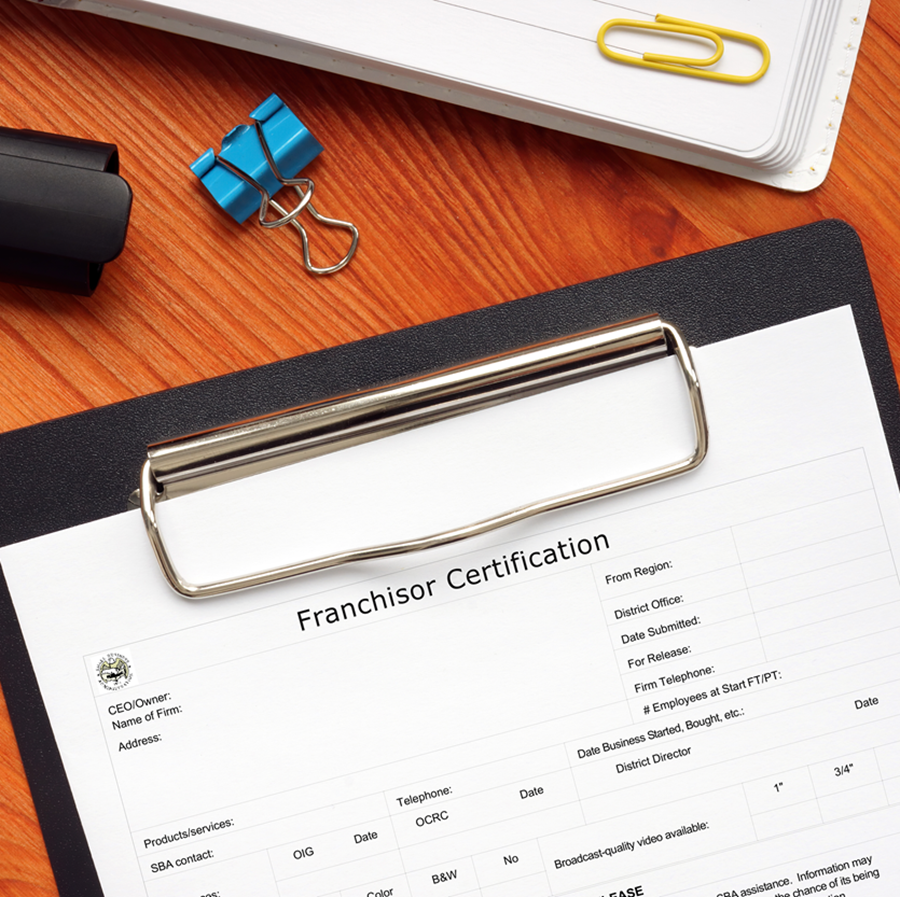The master franchise model offers a powerful means for international brands to expand their reach into new territories.
In France, as in other countries, the master franchise structure allows the franchisor to delegate the development and management of a franchise network to a local entrepreneur — the master franchisee. This arrangement enables the brand to grow without directly managing operations in the region, while still benefiting from the local expertise of the master franchisee. However, this model also places significant obligations on the master franchisee, particularly when it comes to network development.
The master franchisee assumes substantial responsibility for not only recruiting and managing sub-franchisees but also ensuring that the brand is consistently represented throughout the designated geographical area. To maintain the contractual relationship with the franchisor and to safeguard the success of the franchise, several development obligations must be rigorously followed.
.
Obligations Regarding Network Development and Expansion
One of the most significant obligations in a master franchise agreement in France involves the master franchisee’s responsibility to develop the franchise network within a specific territory. This obligation is usually detailed in the franchise contract and involves a clear, predefined timeline for growth. These targets often include opening a certain number of franchise locations or recruiting a set number of sub-franchisees within a given period.
Typically, the franchisor will set precise benchmarks for the master franchisee. For example, the agreement may stipulate that the master franchisee must open a certain number of outlets in the first year and continue to expand the network at a specific pace. This development schedule is put in place to ensure the steady and strategic growth of the brand within the territory, without stagnation or a lack of momentum.
Failing to meet these development milestones can have serious consequences for the master franchisee. In many cases, failure to achieve the agreed-upon targets can result in financial penalties or, in severe situations, termination of the contract. The franchisor may include clauses in the contract that allow them to reclaim exclusive development rights if the master franchisee is not meeting expectations. This underlines the critical importance of effective and timely network development for the master franchisee.
In this respect, strategic planning is essential. The master franchisee must not only recruit sub-franchisees and secure locations but also ensure that each franchise unit meets the brand’s standards and operates efficiently. This requires significant coordination, as the pace of development must balance the need for rapid growth with the need to maintain quality and uniformity across the network. The goal is not merely to open as many outlets as possible but to ensure that each sub-franchise contributes to the overall reputation and success of the brand.


Recruitment and Training of Sub-Franchisees
Another key obligation for the master franchisee in France is to ensure the proper recruitment and training of sub-franchisees. Once the master franchisee secures new franchisees within the designated territory, it is their responsibility to ensure that these sub-franchisees are adequately trained and well-prepared to operate their businesses in accordance with the franchise’s established standards.
The recruitment process is not simply about filling franchise slots with willing investors. The master franchisee must be selective, ensuring that the individuals they bring on board are capable of successfully running the business and maintaining the brand’s reputation. The master franchisee must also provide the necessary initial support and ongoing assistance to each sub-franchisee. This includes training on the operational aspects of the business, the products or services offered, and the customer service standards that must be upheld.
Moreover, the training process is not a one-time event. As the franchise network grows and evolves, continuous support and updates to the training programs are necessary. The master franchisee must ensure that sub-franchisees are kept informed of any changes in brand strategy, new product offerings, or updates to the operational model. This helps to ensure that the brand remains cohesive and that customers can expect the same level of service and quality at any location within the network.
Failure to properly train and support sub-franchisees can lead to inconsistent operations, which can harm the brand’s reputation. For instance, if one sub-franchisee consistently fails to meet the required standards, customers may associate that negative experience with the entire brand, regardless of the performance of other franchise locations. This can have a ripple effect, causing damage not only to individual franchise locations but also to the overall perception of the brand in the region.
Maintaining Brand Standards and Uniformity
In addition to recruitment and training, the master franchisee in France is responsible for ensuring that all sub-franchisees adhere to the brand’s standards and norms. This involves ongoing supervision and quality control to ensure that each franchisee upholds the franchise’s values and delivers the same customer experience that the franchisor has established.
Ensuring uniformity across a network of franchisees can be challenging, especially in a master franchise model where the franchise units may be spread across a large geographical area. The master franchisee must develop systems to regularly monitor and assess the performance of sub-franchisees. This can include scheduled visits, mystery shopper programs, customer feedback analysis, and other quality assurance mechanisms.
A key part of this obligation is the enforcement of brand consistency. Whether it’s the design of the stores, the presentation of the products, or the way services are delivered, customers should feel a sense of continuity from one franchise location to the next. Deviations from the brand’s standards can lead to customer confusion or dissatisfaction, which can ultimately impact the franchise’s success in the region.
To achieve this, the master franchisee must be proactive in communicating the importance of adherence to brand guidelines. They must also have the authority to enforce these guidelines, which may include penalizing sub-franchisees who fail to comply. Regular assessments and a clear system of consequences for non-compliance can help maintain high standards across the network.


Reporting Obligations
The master franchisee also has a responsibility to maintain transparent and consistent communication with the franchisor. One of the most important aspects of this communication is the regular reporting on the development and performance of the franchise network. These reports allow the franchisor to closely monitor progress, assess the overall health of the franchise, and intervene if necessary to provide additional support.
Typically, the master franchisee is required to submit periodic reports detailing the number of franchise units opened, the performance of existing franchisees, and any challenges or obstacles encountered. These reports also often include financial data, such as revenue, profit margins, and other key performance indicators (KPIs) that allow the franchisor to gauge the success of the network.
In addition to performance metrics, the master franchisee must keep the franchisor informed of any legal or regulatory issues that may arise within the territory. This is particularly important in the French market, where local laws and regulations can vary significantly depending on the region and industry. By keeping the franchisor updated on these issues, the master franchisee ensures that both parties can work together to resolve any potential problems before they escalate.
The regular reporting process is not merely a formality but a critical part of the relationship between the master franchisee and the franchisor. It ensures that the franchisor remains informed about the development of the network and can provide guidance or support where needed. Additionally, these reports provide the franchisor with valuable insights into the local market, which can inform future strategies for expansion or product development.
Navigating the Relationship with the Franchisor
Finally, it is important to recognize that the relationship between the master franchisee and the franchisor is a partnership. Both parties have a vested interest in the success of the franchise, and clear communication, mutual respect, and shared goals are essential for the partnership to thrive.
The master franchisee must balance their autonomy in managing the local network with their responsibility to adhere to the franchisor’s overarching vision and strategy. This requires open lines of communication and a collaborative approach to problem-solving. The franchisor, for its part, must provide ongoing support, guidance, and resources to help the master franchisee navigate the challenges of expanding and managing the franchise network.





